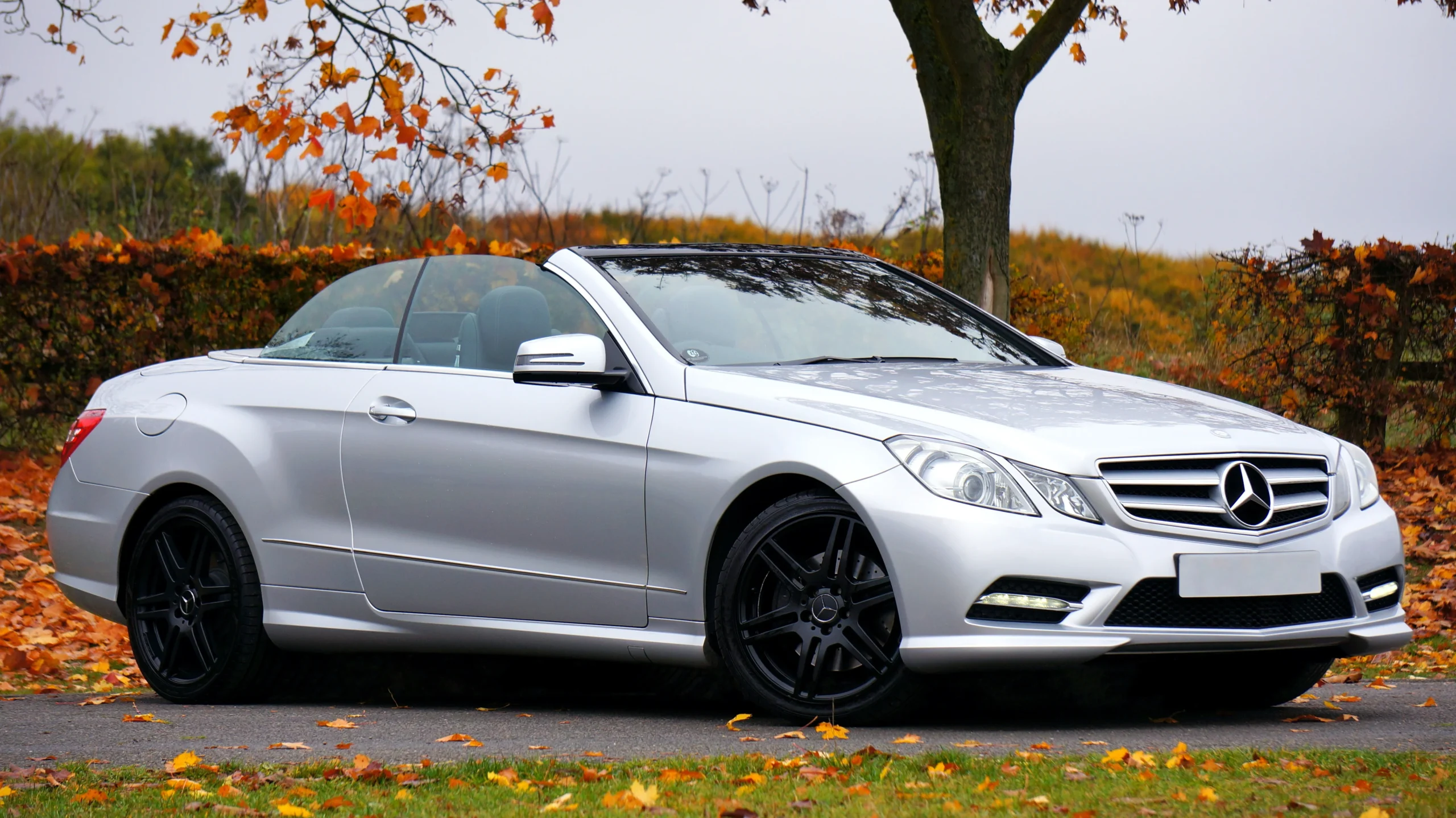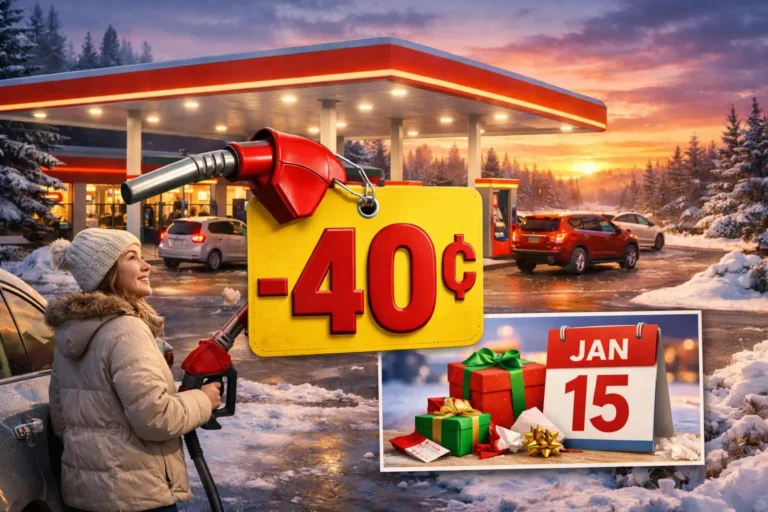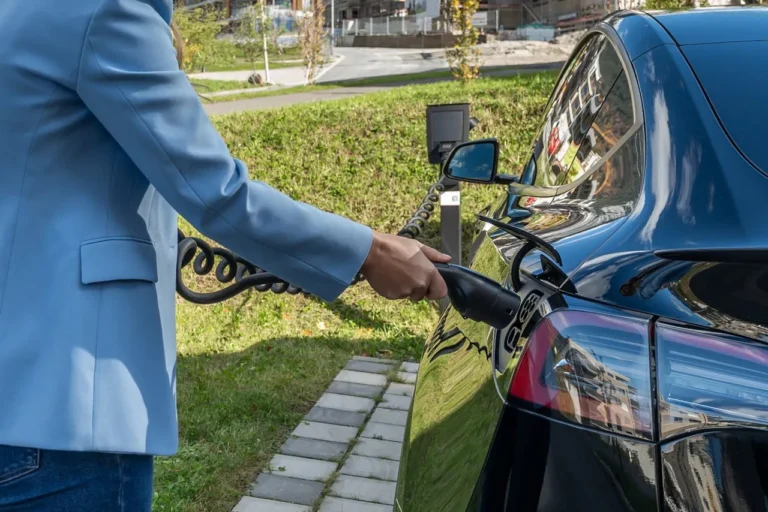
Vehicle manufacturers may be inclusively disappointed literacy that, for the first time in the 28- time history of the J.D. PowerU.S. Automotive Performance, prosecution and Layout( APEAL) Study, SM there’s a successive time-over-year decline in proprietor satisfaction. According to the 2023 study, released moment, overall satisfaction is 845( on a 1,000-point scale), a drop of 2 points from a time ago and 3 points lower than in 2021.
The decline in successive times might look small, but it’s an index that larger issues may lie under the face, ” said Frank Hanley, elderly director of bus benchmarking at J.D. Power. “ Despite the technology and design inventions that manufacturers put into new vehicles, possessors are lukewarm about them. While inventions like charging pads, vehicle apps and advanced audio features should enhance a proprietor’s experience, this isn’t the case when problems are endured. This downcast line of satisfaction should be a warning sign to manufacturers that they need to understand what possessors really want in their new vehicles. ”
The study is grounded on 10 factors — nine of which have declined time over time. The only factor to ameliorate is energy frugality( 771), which is 15 points more advanced than in 2022. The factor with the largest time-over-year decline is surface, dwindling to 888 from 894. Satisfaction with surface styling on new models in 2023 is particularly normal, scoring only 3 points above carryover models.
erected-in infotainment systems are a high illustration of technology not reverberating with moment’s buyers. Only 56 of possessors prefer to use their vehicle’s erected-in system to play audio, down from 70 in 2020. Three of the most common uses for erected-in systems are possessors looking to make phone calls; voice recognition; and navigation with lower than half( 45, 37 and 43, independently) of possessors preferring to use their vehicle’s erected-in system for these functions.
The APEAL Study complements the J.D. PowerU.S. original Quality StudySM( masterships) and the J.D. PowerU.S. Tech Experience Index( TXI) StudySM by measuring possessors’ emotional attachment and position of excitement with their new vehicle. The APEAL Study asks possessors to consider 37 attributes, ranging from the sense of comfort they feel when climbing into the motorist’s seat to their exhilaration when they step on the accelerator. Vehicle possessors’ responses to queries about these attributes are added up to cypher an overall APEAL Index score.
The following are crucial findings of the 2023 study
Both decoration and mass-request parts drop in overall satisfaction Time over time, satisfaction declines by 4 points among mass-request brands and 1 point among ultraexpensive brands. The gap in satisfaction between the two parts widens to 34 points this time.
Android Automotive Operating System( AAOS) with GAS delights possessors Models that have AAOS with Google Automotive Services( GAS) score more advanced in the infotainment order than those with no AAOS whatsoever. AAOS without GAS receives the smallest scores for infotainment of the three orders.
Satisfaction with energy frugality is more among BEVs than gas-powered vehicles For an alternate successive time, battery electric vehicles( BEVs) outperform internal combustion machine( ICE) vehicle counterparts in energy frugality, the only factor showing enhancement in this time’s study. Indeed with gas prices declining, the large gap in satisfaction continues between ICE vehicles( 758) and BEVs( 797) for energy frugality/ range scores.
Electrified vehicles close the APEAL gap with gas vehicles The overall APEAL Index score for gasoline-powered vehicles is 843, tied with draw-in mongrels. In comparison, BEVs( banning Tesla) increased 2 points time over time to 840 and have closed the gap in satisfaction with gas-powered vehicles to 3 points. Tesla vehicles are epitomized independently due to their high weight in the BEV member. It’s notable that certain attributes of Tesla models continue to outperform other BEVs, however, there are contenders arising from traditional manufacturers, including five BEV models that admit member awards.
Satisfaction with Tesla declines Tesla, with a score of 878, remains one of the most advanced performing brands in the assiduity. still, the score in 2023 is 9 points lower than a time ago when Tesla was first included in the study. Satisfaction scores for Tesla have declined time over time in all 10 factors. Because Tesla doesn’t allow J.D. Power access to proprietor information in the countries where that authorization is needed by law, Tesla models remain ineligible for awards.
Loftiest- Ranking Brands
Jaguar ranks loftiest among ultra-expensive brands with a score of 887. Land Rover( 883) and Porsche( 883) rank second in a tie, while BMW( 878) ranks fourth.
Dodge ranks loftiest among mass request brands for a fourth successive time, with a score of 887. Ram( 873) ranks second and GMC( 858) ranks third.
Model- position APEAL Awards
Setting a record for the most imitable- position awards( for models ranking loftiest in their separate parts) is Hyundai Motor Group( nine awards), followed by BMW AG( five awards) and Toyota Motor Corporation( three awards).
The complete list of award donors is
Hyundai Motor Group Genesis GV60, Hyundai Santa Cruz, Kia Carnival, Kia EV6, Kia Forte, Kia K5, Kia Rio, Kia Stinger and Kia Telluride
BMW AG BMW 7 Series, BMW X4, BMW iX, MINI Cooper and MINI Countryman
Toyota Motor Corporation Lexus IS, Lexus RX and Toyota Sequoia
Nissan MotorCo., Ltd. Nissan Ariya and Nissan Titan
Volkswagen AG Porsche 911 and Porsche Taycan
Stellantis NV Dodge Challenger
Mercedes- Benz Group AG Mercedes- Benz CLA
General Motors Company Chevrolet Blazer
Jaguar Land Rover Limited Land Rover Range Rover
The Porsche 911 is the loftiest-ranking individual model( 914). Kia sets a record for utmost brand awards in a single time with seven. The Kia K5 receives a model-position award for a third successive time.
The 2023U.S. APEAL Study is grounded on responses from 84,555 possessors of new 2023 model-time vehicles who were surveyed after 90 days of power. The study was contended from February through May 2023, and grounded on vehicles registered from November 2022 through February 2023.







